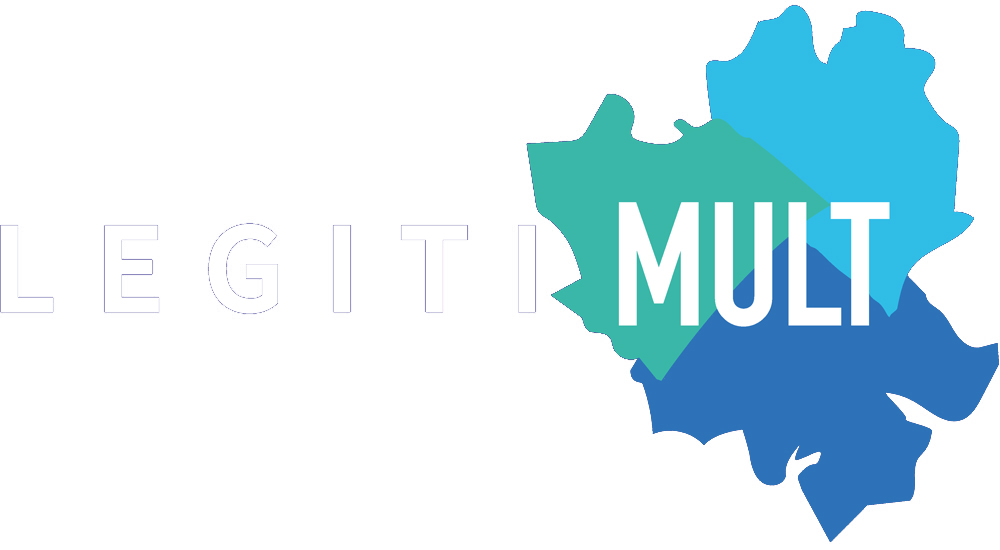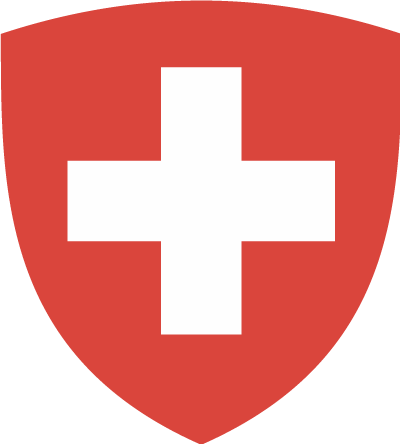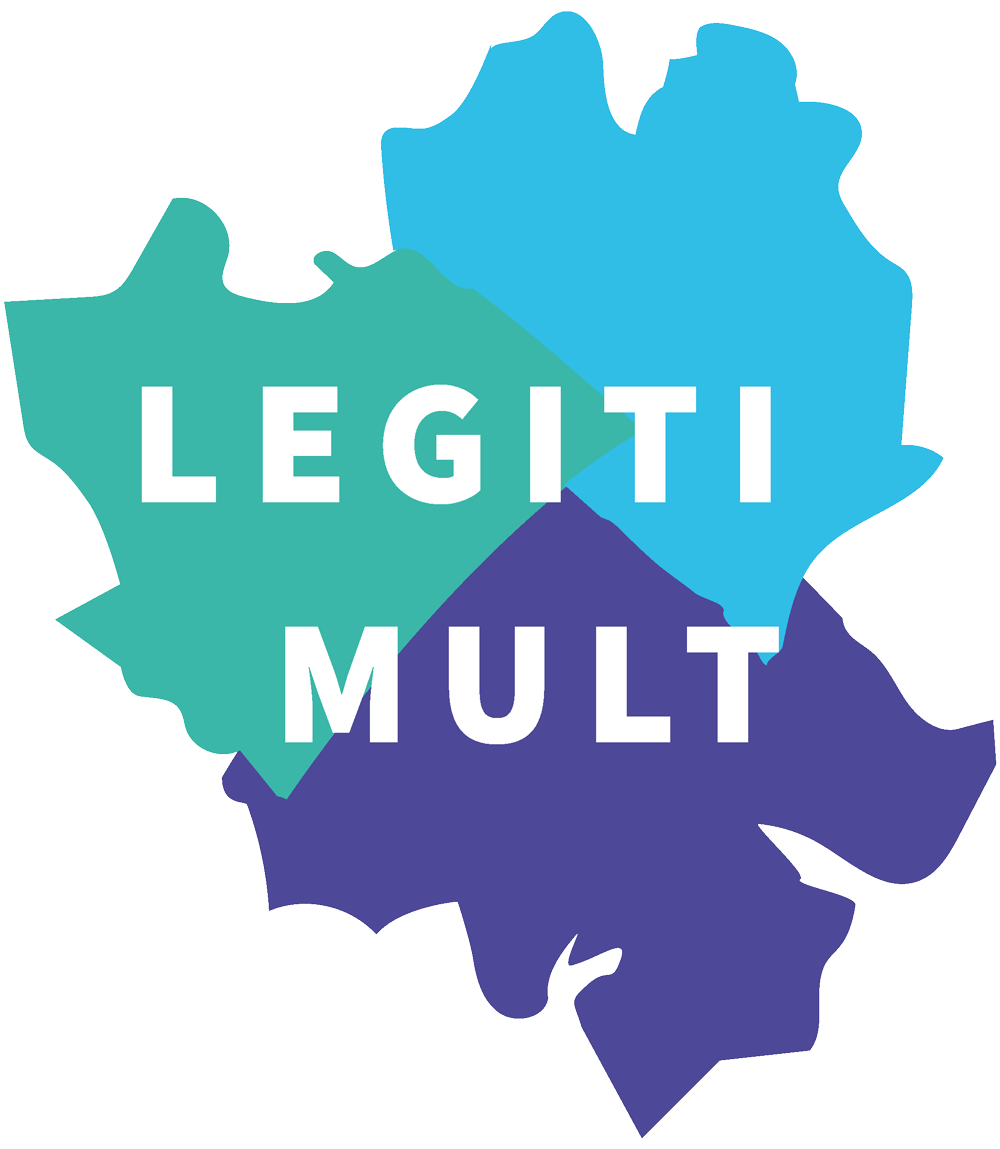LEGITIMULT is funded through Horizon Europe – Global Challenges Cluster 2 ‘Culture, Creativity and
Inclusive society’ – HORIZON-CL2-2021-DEMOCRACY-01-05 ‘Politics and governance in a post-
pandemic world’. This work has also received additional funding from the Swiss State Secretariat for
Education, Research and Innovation (SERI).
What is the aim of this research?
The aim of the research is to develop a model of legitimate crisis governance. In doing so, it will
assess the impact of Covid-19 measures on democratic governance in 31 European democracies (EU-
27, plus Switzerland, Norway, Iceland and the UK).
Objective 1: Assess the impact of the Covid-19 measures on democratic governance.
Objective 2: Evaluate the impact of MLG institutions on Covid-19 measures and the impact of these measures on MLG and wider questions of democratic legitimacy.
Objective 3: Improve the governance of future crises by interactively developing a toolbox on
legitimate crisis governance and several learning tools to apply it.
Why is this research project needed?
From climate change to the ongoing conflict in Ukraine, from migration to energy, governments
across the globe are facing an ever-increasing number of challenges and crises. Governments have
struggled to formulate measures during the Covid-19 pandemic that are both effective and politically legitimate.
LEGITIMULT aims to identify a model of political legitimate crisis governance that takes into account
the multilevel nature of policy-making, namely the interplay between international, national, region
and local governments and institutions.
How will it be carried out concretely?
The consortium consists of ten partners in Europe and one in Canada working in nine work packages.
The first work package produces a dataset that maps how measures during the Covid-19 pandemic
shaped multilevel governance across Europe. The remaining work packages focus on different
aspects of crisis governance, such as the rule of law, democratic participation, human rights and non-
discrimination, trust, and economic and fiscal policies and the role of multilevel governance therein.
3.8 M
euros
11
partners
3
years
9
work packages
31
European democracies



